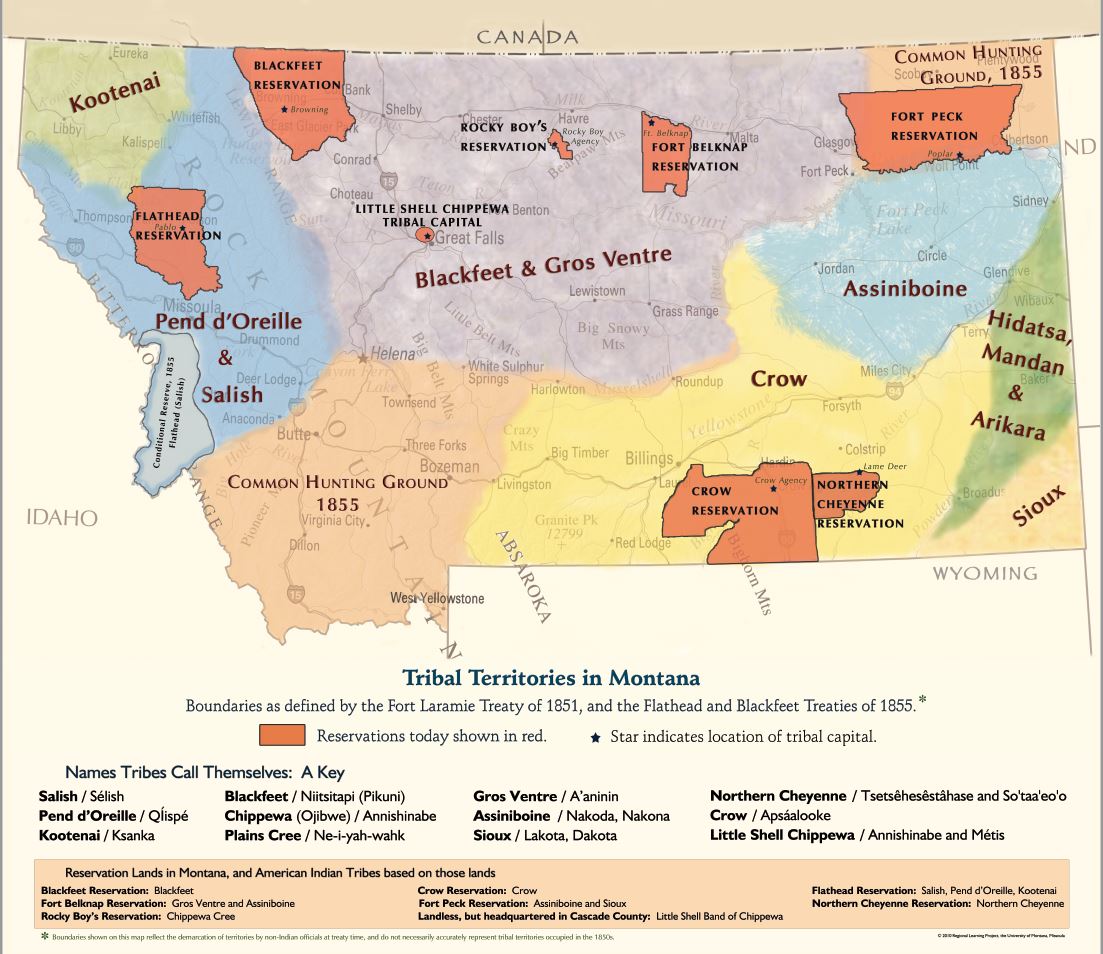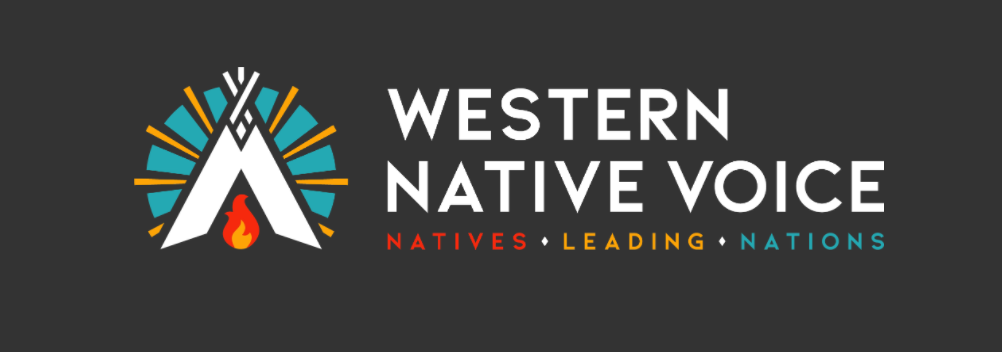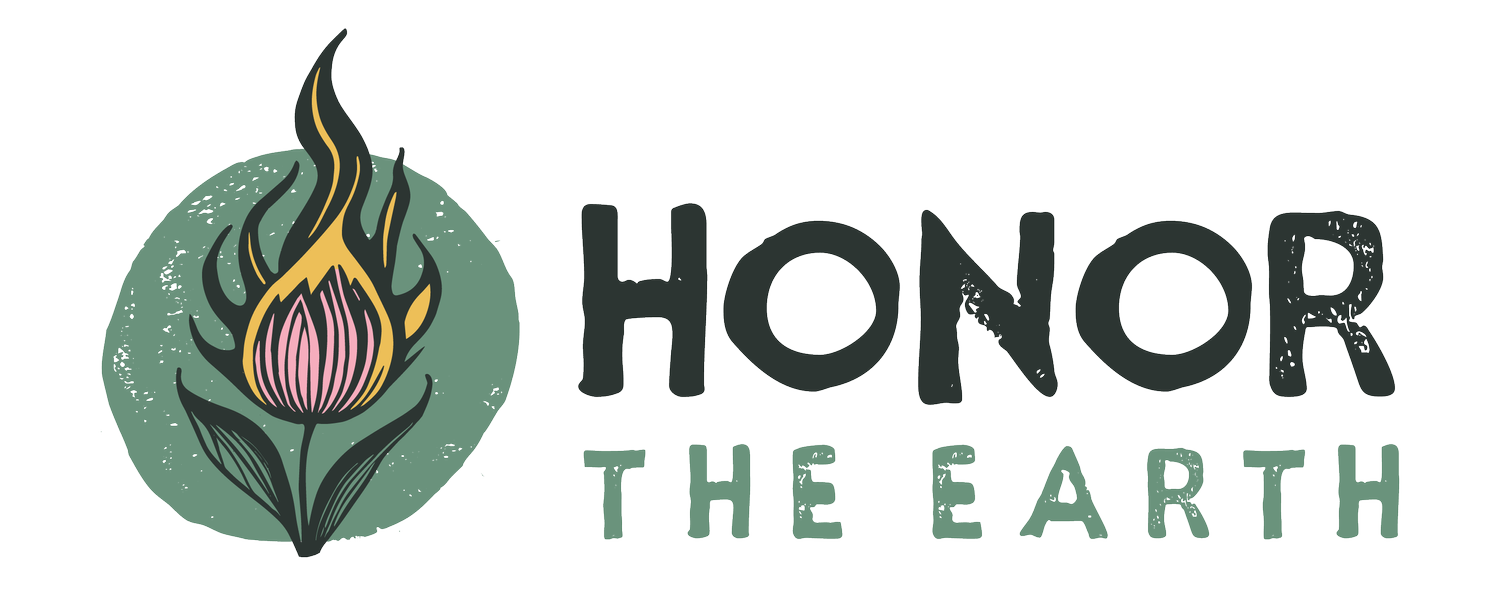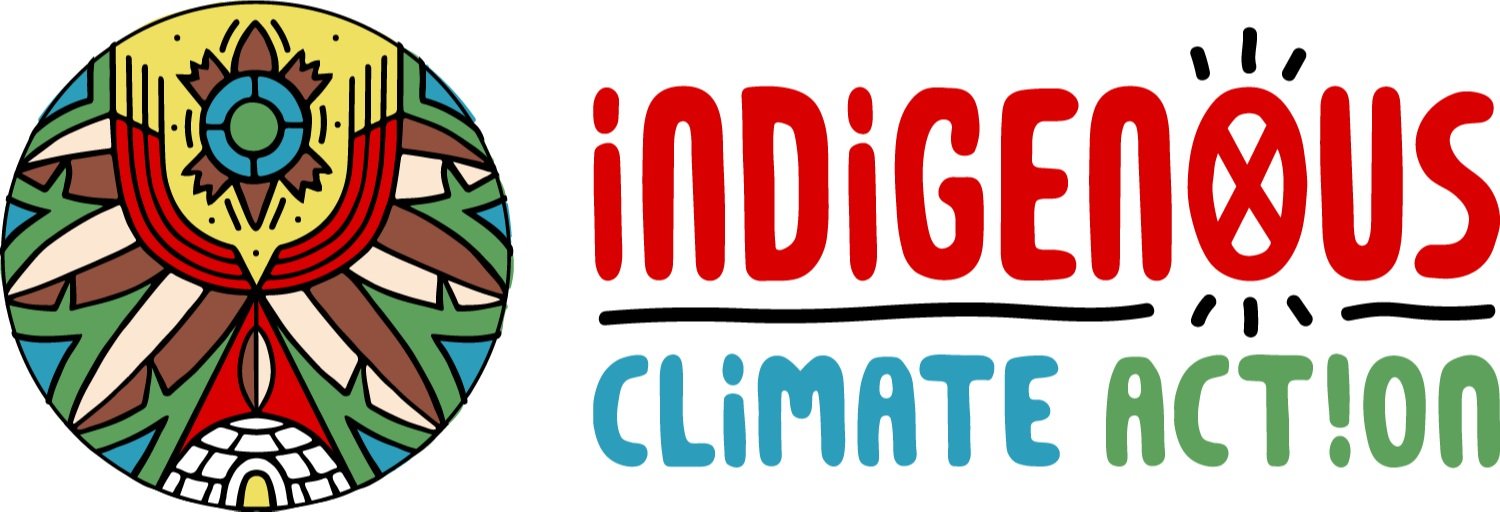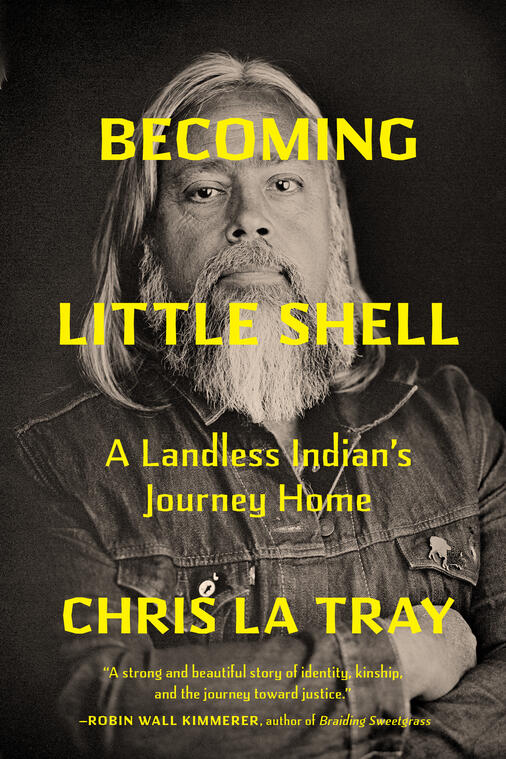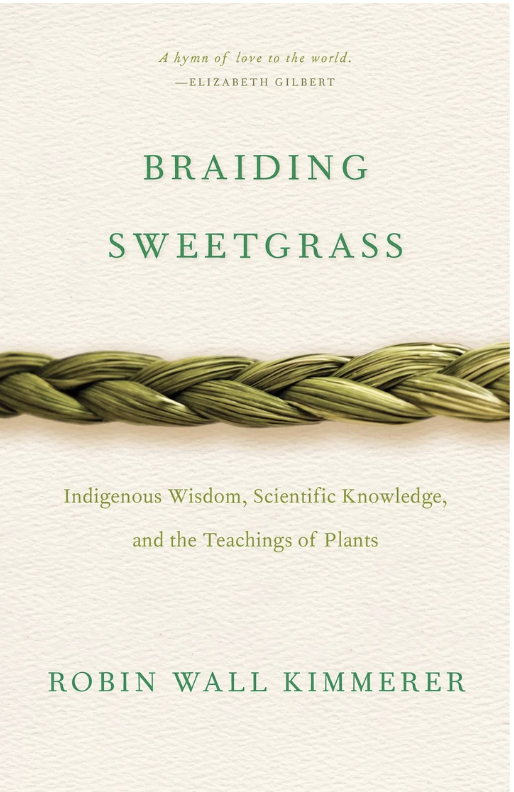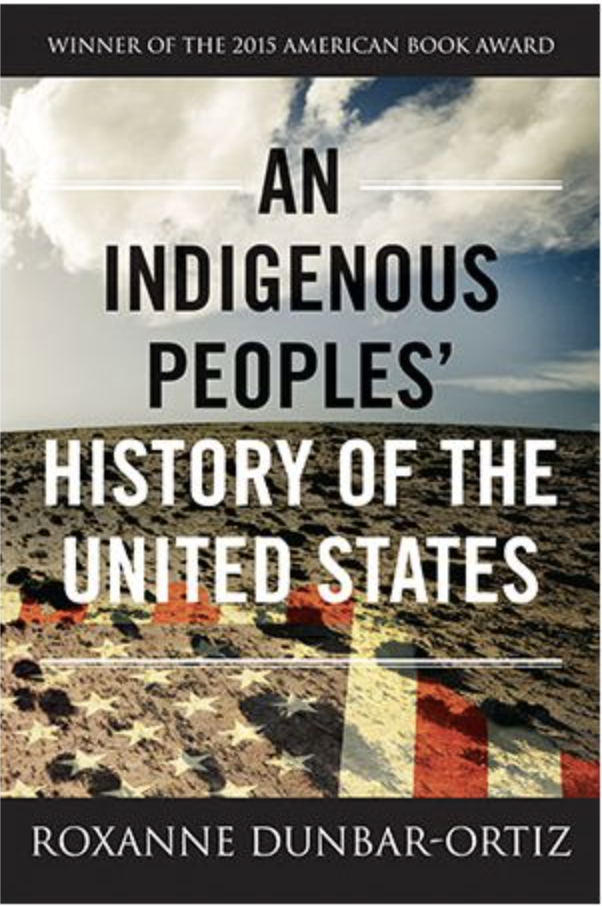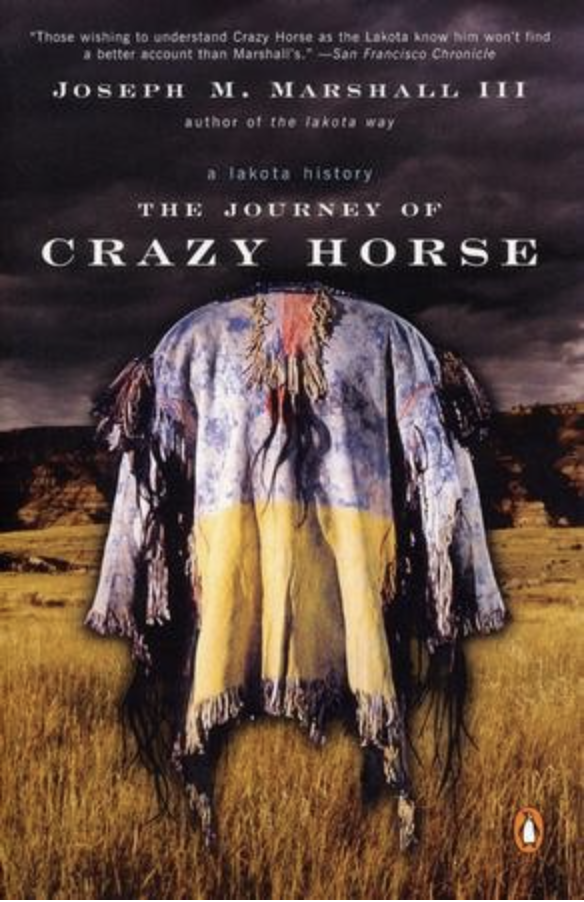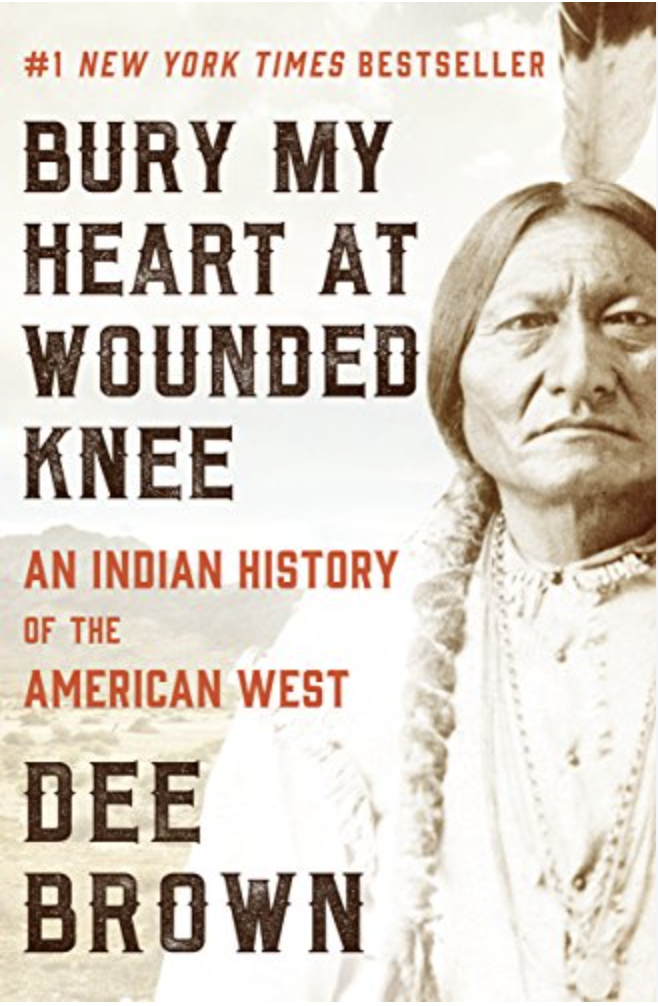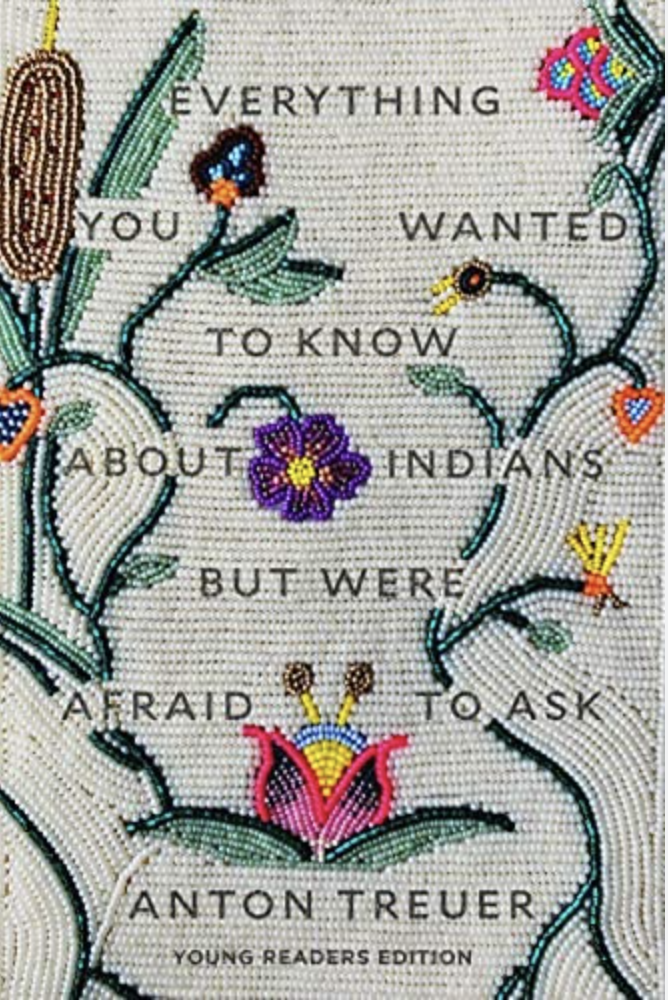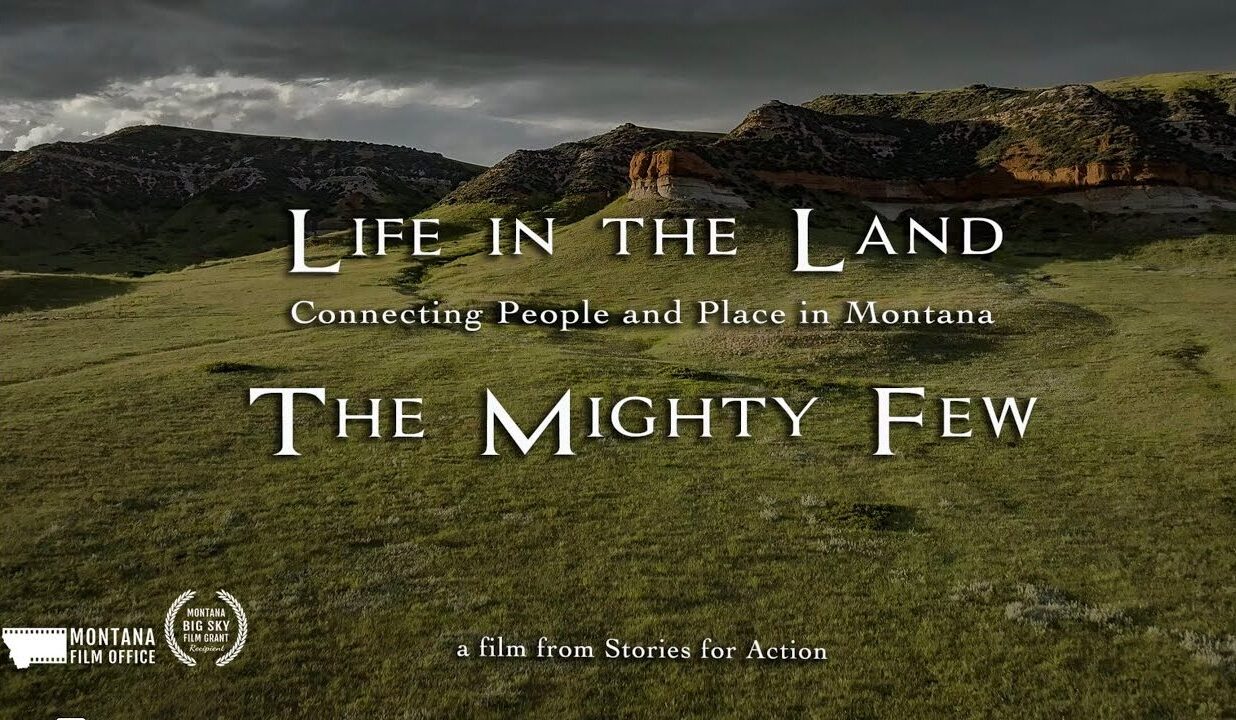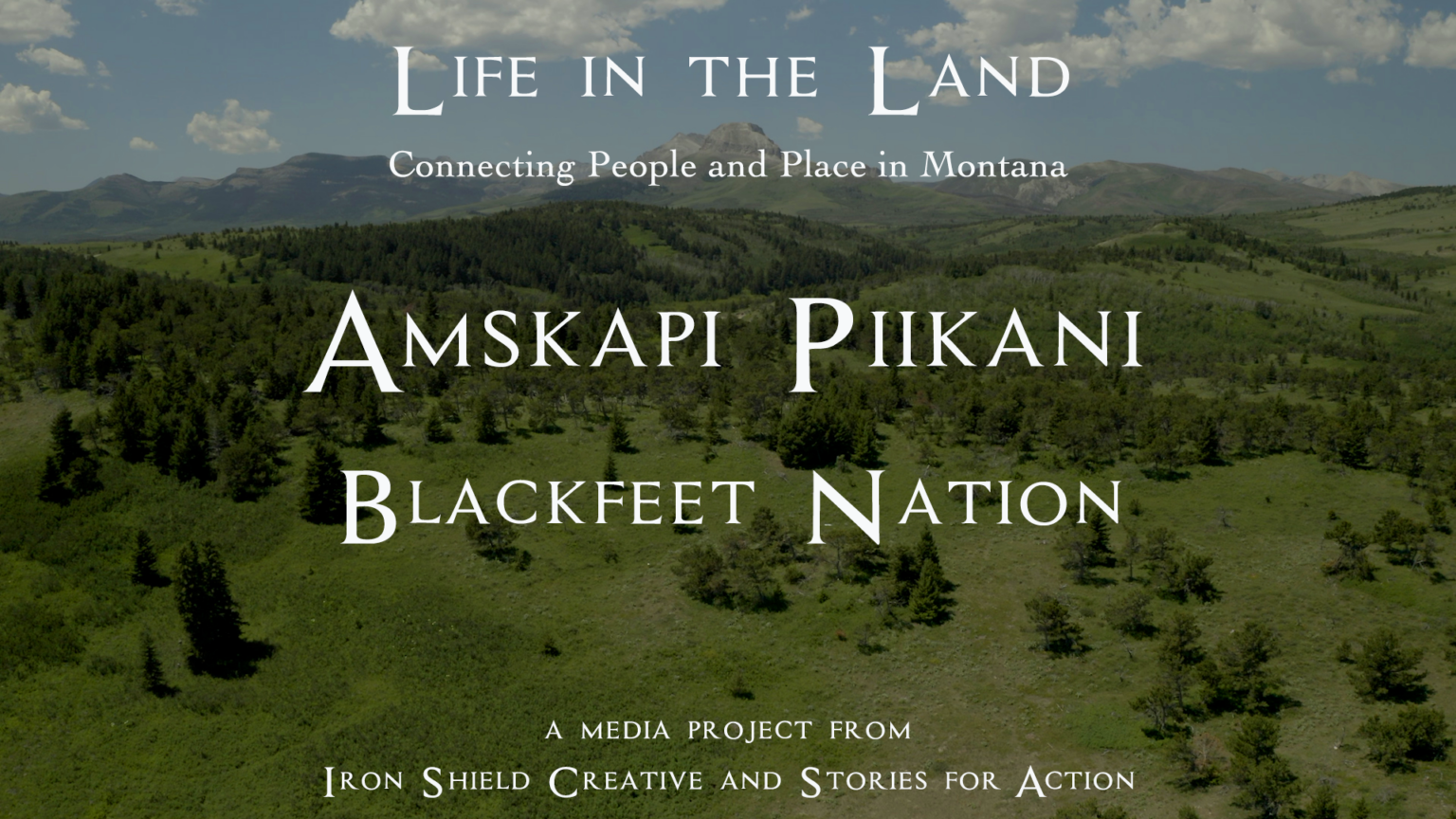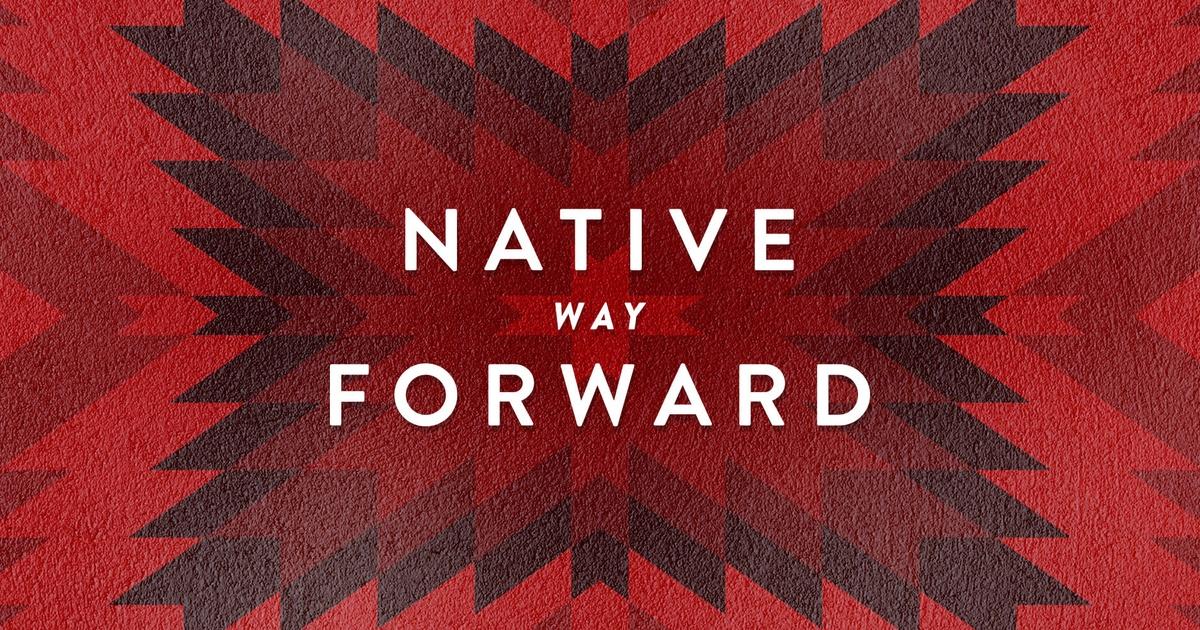At MEIC, when we fight to protect the land, air, water, and life-sustaining climate in Montana, we strive to follow the example and tread the same footpaths of the Indigenous people who’ve made this land their home for generations.
MEIC’s work happens on the ancestral homelands of the A’aninin (or Gros Ventre), Apsáalooke (or Crow), Anishanabe (or Chippewa), Little Shell Chippewa, the Ne Hiyawak (or Cree), the Michif Piyii (Métis), the Nimiipuu (or Nez Perce), the Niitsítpiis-stahkoii (Blackfeet), the Tsis tsis’tas (or Northern Cheyenne), the Lakota, Dakota, and Nakoda (or Sioux), the Séliš-Ql̓ispé (or Salish), and the Ktunaxa (or Kootenai) people. We are grateful for their stewardship of this place and acknowledge that our organization has more work to do to fully honor and respect their relationships to these lands.
Check out this website to see the Native land upon which you live and work.
Get Informed
Learn about Native American Communities in Montana
Today’s tribal lands are all significantly smaller than the original lands occupied by the tribes in the 1850’s, as shown in this map.
The boundaries for Montana’s present-day reservations, their tribal capital, and the Tribes located on these lands today are:
Flathead Reservation (Pablo) – Salish, Pend d’Orielle, Kootenai tribes
Blackfeet Reservation (Browning) – Blackfeet tribe
Rocky Boy’s Reservation (Rocky Boy Agency) – Chippewa Cree tribe
Fort Belknap Reservation (Ft. Belknap) – Gros Ventre and Assiniboine tribe
Fort Peck Reservation (Poplar) – Assiniboine and Sioux tribes
Northern Cheyenne Reservation (Lame Deer) – Northern Cheyenne tribe
Crow Reservation (Crow Agency) – Crow tribe
Little Shell Chippewa Tribal Capital (landless, but headquartered in Cascade County) – Little Shell Band of Chippewa
Tune in to Native American News: Learn about the challenges and stories of success
Follow Native-led News Outlets
Char-Koosta
The official news publication of the Flathead Indian Reservation in Montana.
Four Points Press
An independent digital media company covering the Crow Indian Reservation and the surrounding area in Montana.
ICT News
A daily digital news platform that covers the Indigenous world, including American Indians, Alaska Natives and First Nations. Formerly Indian Country Today.
Native News Online
Daily news that affects the lives of Native Americans nationwide.
Montana Native News Honors Project
An annual publication that is reported, photographed, edited, and designed by students in the University of Montana’s School of Journalism.
Take Action
Support and Donate to Native-led Organizations Doing the Work
Established in 2011, Western Native Voice (WNV) is a non-profit, non-partisan organization working to increase Native American participation and engagement in voting and self-determination. They work to nurture and empower new native leaders and impact policies affecting Native Americans through community organizing, education, leadership, and advocacy. They are engaged on all eight Native nations and engaged in major Montana urban centers because approximately half of Montana’s native population lives off the reservation.
You can help ensure that Western Native Voice continues doing the necessary work by donating here.
Follow Western Native Voice’s work on social media:
The ACLU of Montana envisions a fair, equitable, and free Montana that welcomes and celebrates diversity of all kinds. They envision a Montana where everybody is treated with dignity and respect, and has equal access to rights and freedoms. They work to hold the government accountable to all who live in Montana, with a particular focus on those who have been historically (or continue to be) disenfranchised, including Indigenous people and people of color, immigrants, LGBTQ individuals and families, the poor, and those with disabilities.
Donate to MT ACLU to protect the civil liberties of people in Montana and across the nation.
Follow the ACLU of Montana’s work on social media:
Honor the Earth‘s mission is to create awareness and support for Native environmental issues and to develop the essential financial and political resources for the survival of sustainable Native communities and global climate justice.
Supporting Honor The Earth is critical to their success and to the success of the communities they uplift. Donate here.
Follow Honor The Earth’s work on social media:
An Indigenous-led organization guided by a diverse group of Indigenous knowledge keepers, water protectors and land defenders from communities and regions across the country. We believe that Indigenous Peoples’ rights and knowledge systems are critical to developing solutions to the climate crisis and achieving climate justice.
Supporting Indigenous Climate Action By allows them to provide communities with knowledge, resources, and inspire a new generation of Indigenous climate leaders. Donate here.
Follow Indigenous Climate Action’s work on social media:
Established in 1990 within the United States, Indigenous Environmental Network (IEN) was formed by grassroots Indigenous peoples and individuals to address environmental and economic justice issues (EJ). IEN’s activities include building the capacity of Indigenous communities and tribal governments to develop mechanisms to protect our sacred sites, land, water, air, natural resources, health of both our people and all living things, and to build economically sustainable communities.
Donate to IEN to support grassroots leaders and Indigenous youth who carry out IEN’s mission to address and develop strategies for the protection of our environment, our health, and all life forms.
Follow Indigenous Environmental Networks’s work on social media:
Support Native American Owned-Businesses
Indigenous-based food service business that’s available for catering and Indigenous food consulting, serving on Seliš/Qlispe lands.
Sage and Oats Trading Post is located in downtown Helena and owned by Major Robinson (Northern Cheyenne) and his wife, Michelle. Visit their store on North Last Chance Gulch in Helena or shop online.
The Confederated Salish and Kootenai Tribes of the Flathead Indian Reservation in western Montana harvest lake trout to protect native cutthroat and bull trout from predation. Purchase of their fillets supports ongoing native trout conservation. Visit their website to find where you can purchase their trout across Montana.
Hand-crafted baskets and paintings, created by Valerie Veis, an enrolled member Little Shell Band of Chippewa Indians in beautiful Montana.
Find more here: Native American Made in Montana
Enjoy Indigenous Media
Read stories by and about Indigenous people.
1. Becoming Little Shell: A Landless Indian’s Journey Home by Chris La Tray: Combining diligent research and compelling conversations with authors, activists, elders, and historians, La Tray embarks on a journey into his family’s past, discovering along the way a larger story of the complicated history of Indigenous communities—as well as the devastating effects of colonialism that continue to ripple through surviving generations.
2. Braiding Sweetgrass by Robin Wall Kimmerer: Potawatomi professor Robin Wall Kimmerer explores reciprocal relationships between humans and the land, with a focus on the role of plants and botany in both Native American and Western traditions.
3. An Indigenous Peoples’ History of the United States by Roxanne Dunbar-Ortiz: An essential resource providing historical threads that are crucial for understanding the present. Dunbar-Ortiz adroitly challenges the founding myth of the United States and shows how policy against the Indigenous peoples was colonialist and designed to seize the territories of the original inhabitants, displacing or eliminating them.
4. The Journey of Crazy Horse by Joseph M. Marshall lll: Drawing on vivid oral histories, Joseph M. Marshall’s intimate biography introduces a never-before-seen portrait of Crazy Horse and his Lakota community.
5. Bury My Heart at Wounded Knee by Dee Brown: A historic chronicle based on the book by Dee Brown explains how Native Americans were displaced as the United States expanded west.
6. Everything You Wanted to Know About Indians But Were Too Afraid to Ask by Anton Treuer: An essential book of questions and answers for Native and non-Native readers alike. Ranging from “Why is there such a fuss about nonnative people wearing Indian costumes for Halloween?” to “Why is it called a ‘traditional Indian fry bread taco’?” to “What’s it like for natives who don’t look native?” to “Why are Indians so often imagined rather than understood?”, and beyond.
Watch: Video content by and about Indigenous people
Film: Life in the Land — The Mighty Few
Iikooshtaka’atbaatchaache, home of the Mighty Few. Historically, and still today, the Mighty Few (a District of the Apsáalooke or Crow Nation in Southeast Montana) have proven their name through resourcefulness, determination, and strength in unity. Witness the process of this community strengthening their connection to identity, the land, and community togetherness. Through truly grassroots efforts, the Mighty Few are guiding action that creates necessary healing, economic opportunities, and self-determination to thrive into the future.
Film: Amskapi Piikani – Blackfeet Nation
The Amskapi Piikani [People of the Blackfeet Nation] have interacted with every element of this landscape, across much of what is today known as Montana, since time immemorial. In this area of Northwest Montana, home to the Blackfeet Nation, stands the mountains which Piikani refer to as the “Backbone of the World”. Hear perspectives from members of the Amskapi Piikani community as they carry on the holistic approaches and reciprocal relationships that have always been a part of their culture, traditions, and who they are as a People…in ways that empower their community as they move into the future.
Documentary: Native Way Forward (Roadtrip Nation)
For too long, TV and film have depicted Native American experiences in the past tense. It’s time to shine a light on the present-day lives of Native young adults, and explore what’s possible for their futures. In Roadtrip Nation’s newest documentary—led by director Ryan RedCorn—Native leaders are telling their stories in their own words, and illuminating the path for Native youth everywhere.
Listen: Podcasts hosted by Indigenous leaders
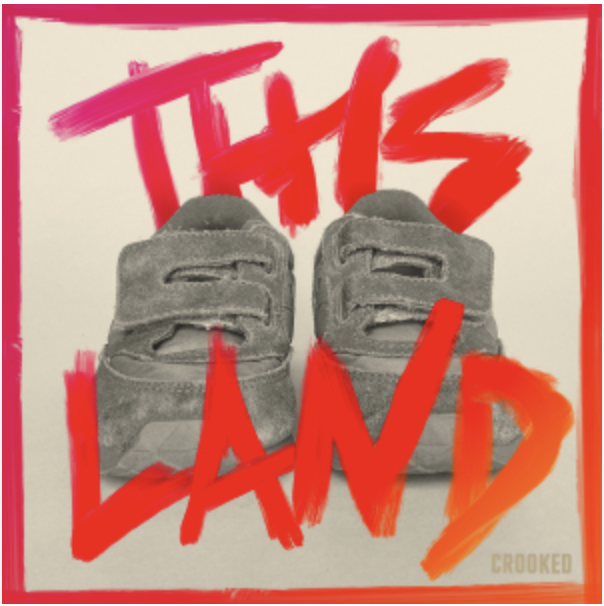
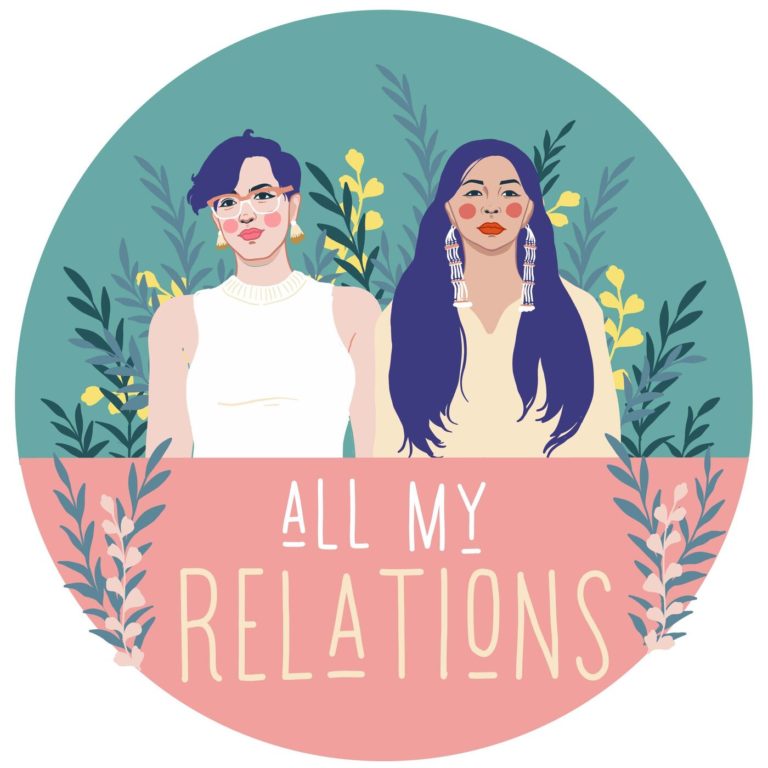
Podcast: This Land
Hosted by Native American journalist Rebecca Nagle (Cherokee Nation). In the 2nd season of “This Land” podcast, Nagle takes listeners through the 40-year history of the Indian Child Welfare Act (ICWA).
Podcast: All My Relations
Hosted by Matika Wilbur (Swinomish and Tulalip), and Dr. Adrienne Keene (Cherokee Nation) to explore relationships — relationships to land, to creatural relatives, and to one another.
Podcast: The Red Nation
Features discussions on Indigenous history, politics, and culture. Hosted by Nick Estes and Jen Marley with help from our friend and comrade Sina. The Red Nation Podcast is also the home of Red Power Hour, hosted by Melanie Yazzie and Elena Ortiz.
If you have any recommendations that you’d like to share with us, we’d love to hear them! Email polson@meic.org with your suggestions.

